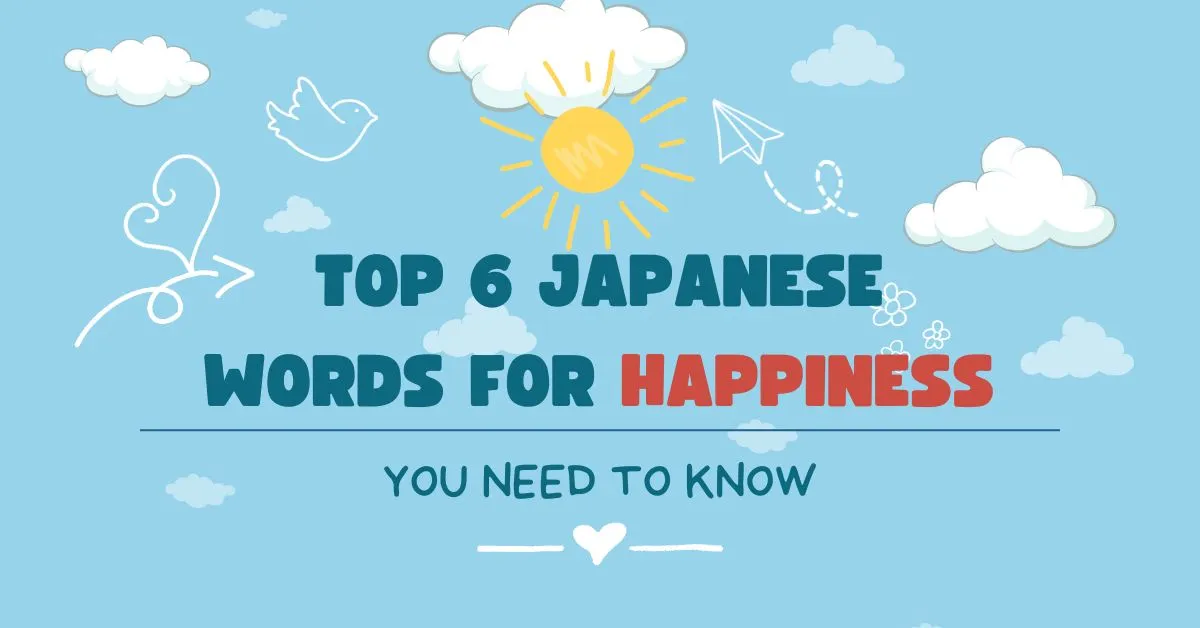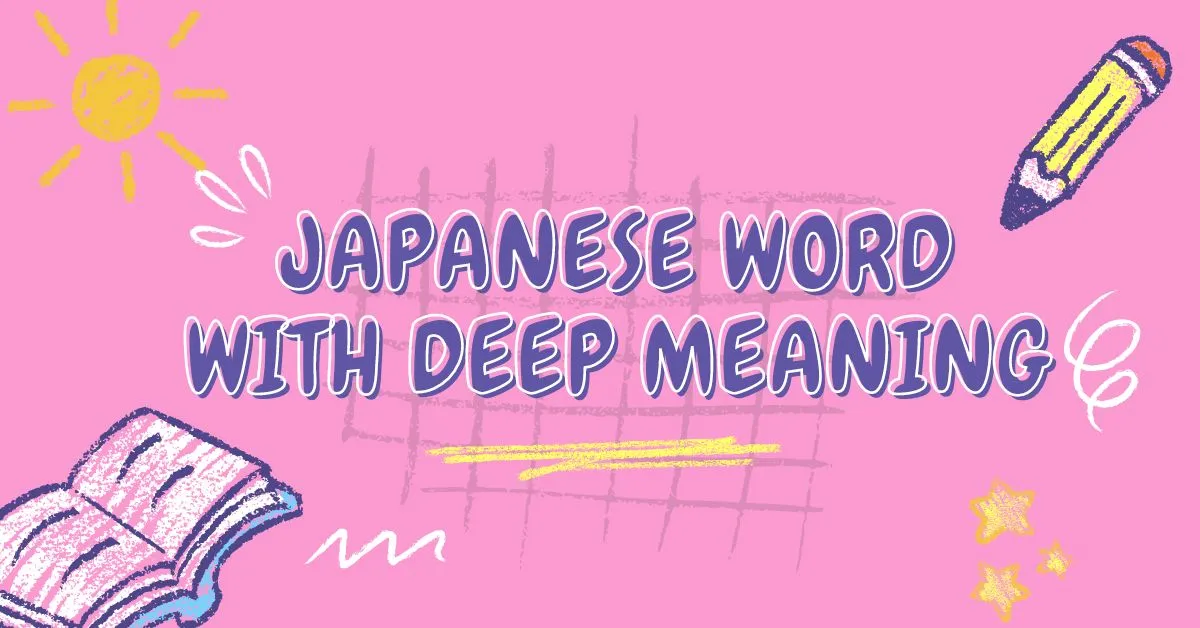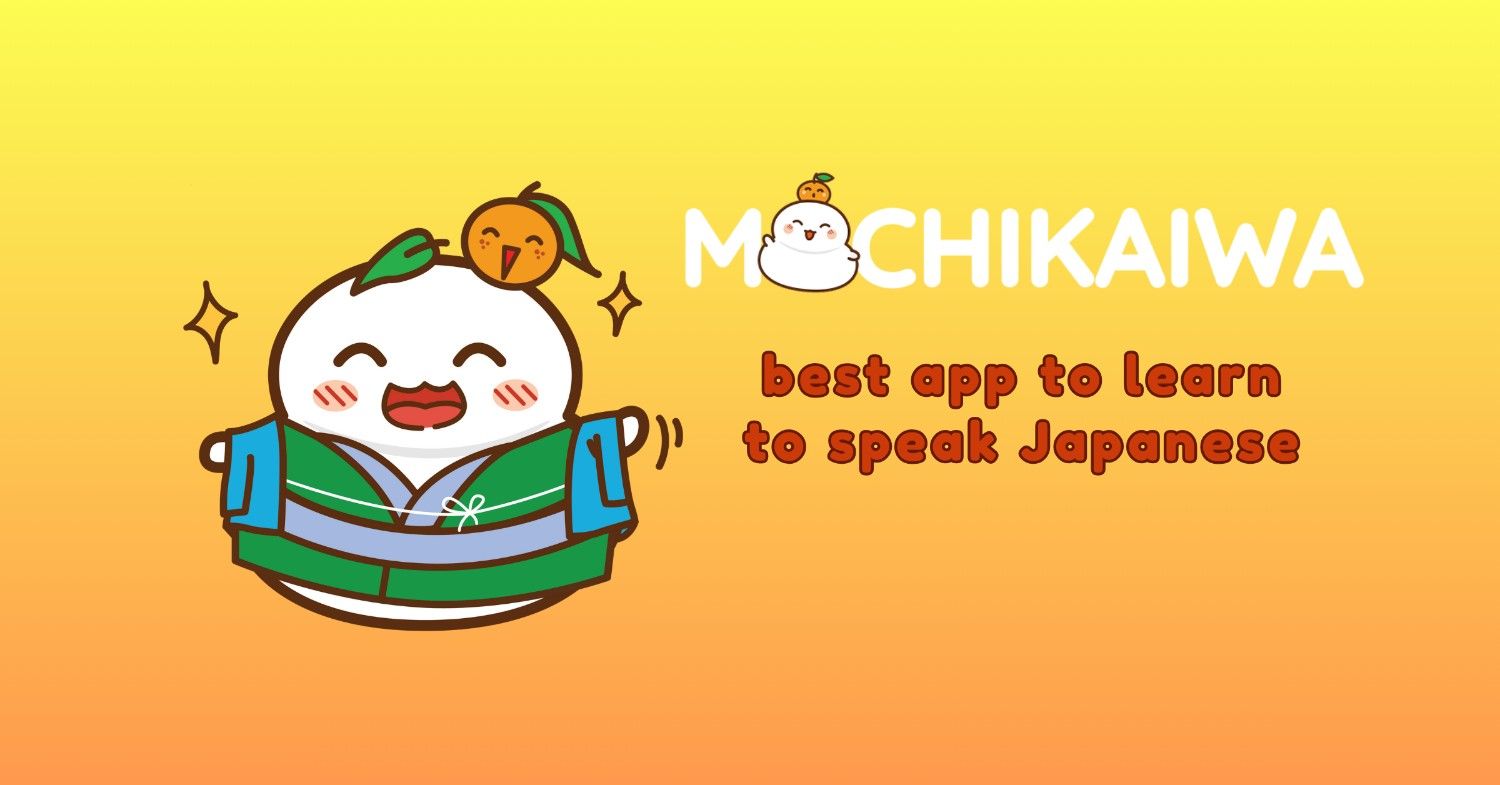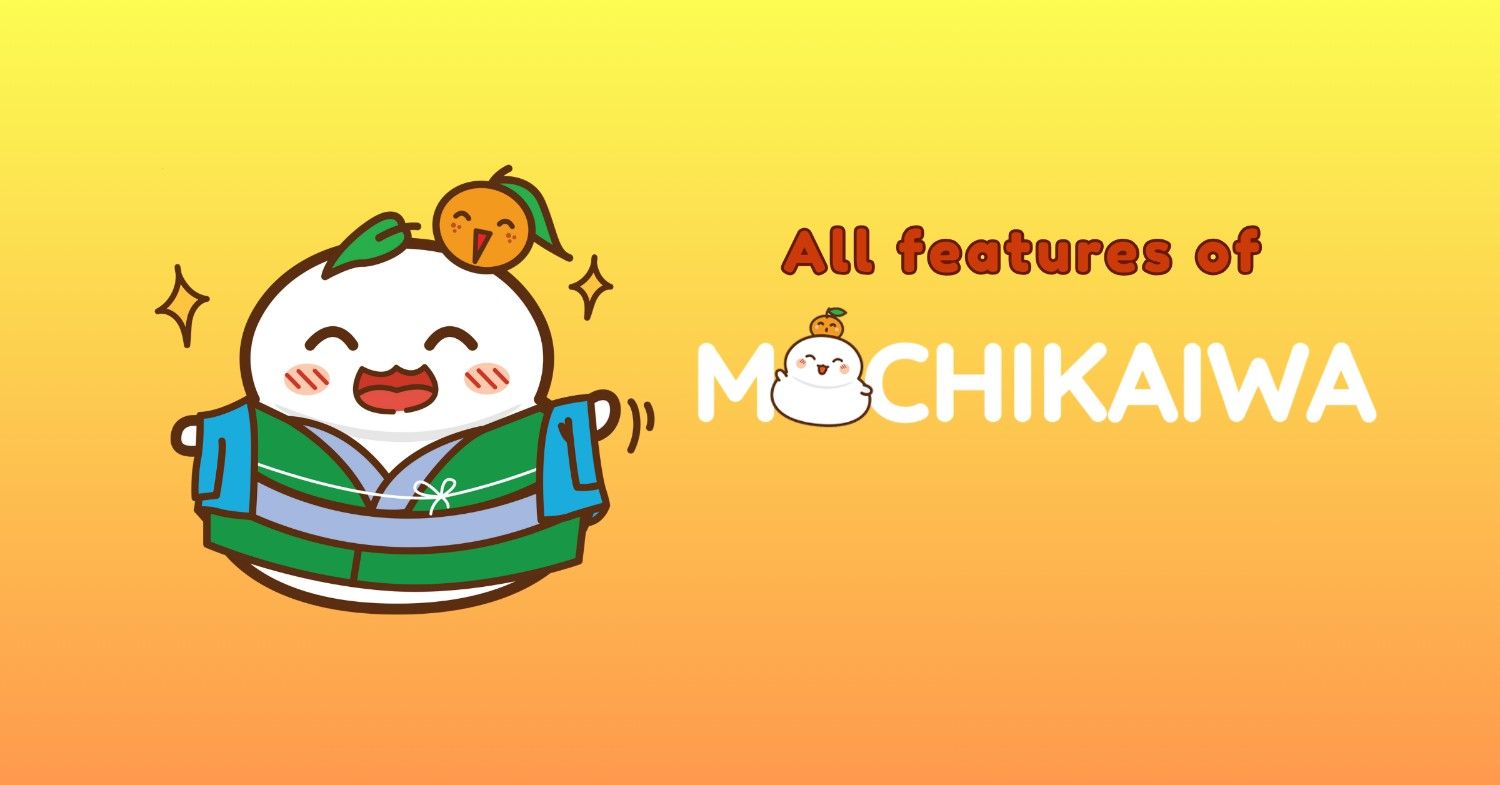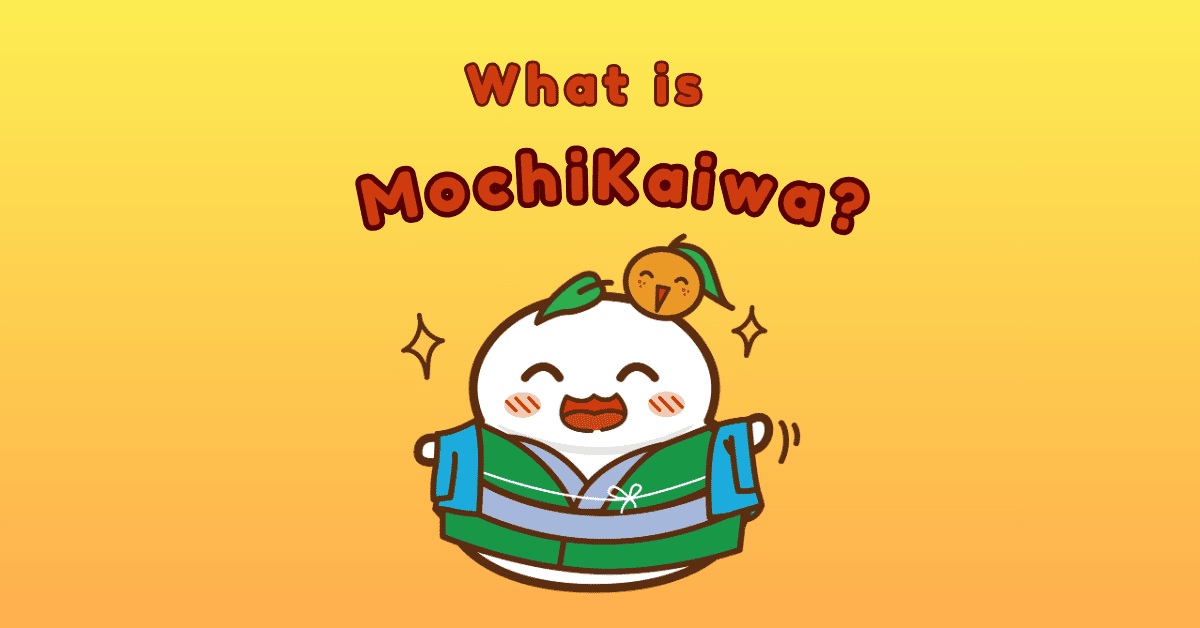Japanese onomatopoeia are a unique and fascinating aspect of the language, making conversations more expressive and lively. These words mimic sounds from nature, human actions, emotions, and objects, vividly capturing the essence of what they describe. In this article, we’ll explore 70 common Japanese onomatopoeia that will not only enhance your vocabulary but also give you a deeper understanding of Japanese culture.
- What are Japanese onomatopoeia?
- 70 Common Japanese onomatopoeia
- Why learn Japanese onomatopoeia?
- How to master Japanese onomatopoeia
- Conclusion

What are Japanese onomatopoeia?
Onomatopoeia in Japanese, known as giongo (擬音語) and gitaigo (擬態語), can be categorized into five types:
- Giongo (擬音語) – Sounds made by non-living things, animals, and humans (e.g., “bow-wow”).
- Giseigo (擬声語) – Mimics human or animal sounds.
- Gitaigo (擬態語) – Describes conditions or states (often not audible, like feelings or movements).
- Giyougo (擬容語) – Expresses movements or actions.
- Gijougo (擬情語) – Describes emotions or psychological states.
70 Common Japanese onomatopoeia
Let’s explore 70 commonly used onomatopoeia, categorized by their type and meaning.
Animal and nature sounds (Giongo)
| Japanese Word | Romaji | Meaning |
|---|---|---|
| ワンワン | wanwan | Barking sound of a dog (like “bow-wow”) |
| ニャーニャー | nyaanyaa | Cat meowing |
| コケコッコー | kokekokkoo | Sound of a rooster crowing |
| カーカー | kaakaa | Sound of a crow cawing |
| モーモー | moomoo | Cow’s mooing |
| ピヨピヨ | piyopiyo | Chirping of baby chicks |
| ガオー | gaoo | Roar of a lion |
| ポタポタ | potapota | Sound of water dripping |
| ザーザー | zaazaa | Sound of heavy rain falling |
| ゴロゴロ | gorogoro | Sound of thunder rumbling |
| シュッ | shu | Sound of the wind blowing swiftly |
| バシャバシャ | bashabasha | Splashing sound, like wading through water |
Human sounds (giseigo)
| Japanese Word | Romaji | Meaning |
|---|---|---|
| ドキドキ | dokidoki | Heart pounding (usually from excitement or nervousness) |
| ペコペコ | pekopeko | Sound of a rumbling stomach, indicating hunger |
| ゲラゲラ | geragera | Loud laughter |
| ゴホゴホ | gohogogo | Coughing sound |
| ヒヒヒ | hihihi | High-pitched sneaky laughter |
| グーグー | guuguu | Snoring sound |
| シクシク | shikushiku | Soft crying or sobbing |
| ペチャクチャ | pechakucha | Chatter or talking non-stop |
| ウフフ | ufufu | Giggling |
Movement and actions (giyougo)
| Japanese Word | Romaji | Meaning |
|---|---|---|
| トントン | tonton | Knocking on a door |
| ザクザク | zakuzaku | Crunching sound, like walking on gravel |
| ドシドシ | doshidoshi | Heavy, firm steps |
| バタバタ | batabata | Rushing or flapping about |
| ズルズル | zuruzuru | Slurping sound, often for noodles |
| ゴクゴク | gokugoku | Gulping sound when drinking quickly |
| キョロキョロ | kyorokyoro | Darting glances around |
| ヨタヨタ | yotayota | Unsteady, wobbly walking |
| スタスタ | sutasuta | Walking briskly |
| パクパク | pakupaku | Eating enthusiastically |
States and feelings (gitaigo)
| Japanese Word | Romaji | Meaning |
|---|---|---|
| フワフワ | fuwafuwa | Fluffy, soft texture or floating feeling |
| ツルツル | tsurutsuru | Smooth or slippery surface |
| ドロドロ | dorodoro | Thick, muddy consistency or emotional messiness |
| クタクタ | kutakuta | Completely worn out or exhausted |
| カリカリ | karikari | Crunchy texture |
| サクサク | sakusaku | Crispy or light crunchiness |
| ビショビショ | bishobisho | Soaking wet |
| ベタベタ | betabeta | Sticky or clingy feeling |
| ネバネバ | nebaneba | Slimy or sticky texture |
Emotions and psychological states (gijougo)
| Japanese Word | Romaji | Meaning |
|---|---|---|
| ウキウキ | ukiuki | Feeling of excitement and joy |
| イライラ | iraira | Frustration or irritation |
| ワクワク | wakuwaku | Anticipation or excitement |
| ドキドキ | dokidoki | Nervousness or excitement (heart racing) |
| ゾクゾク | zokuzoku | Feeling chills, either from excitement or fear |
| ホッ | ho | Relief after tension |
| ムカムカ | mukamuka | Feeling of nausea or anger |
| ガッカリ | gakkari | Disappointment |
| ウットリ | uttori | Being entranced or deeply fascinated |
| モヤモヤ | moyamoya | Feeling of uncertainty or confusion |
Daily life sounds (giongo)
| Japanese Word | Romaji | Meaning |
|---|---|---|
| ピンポン | pinpon | Sound of a doorbell |
| ガタン | gatan | Sound of something heavy falling |
| カチカチ | kachikachi | Clicking sound (e.g., a clock or lighter) |
| パタン | patan | Sound of a door closing firmly |
| チリンチリン | chirinchirin | Sound of a bicycle bell ringing |
| ポキポキ | pokipoki | Sound of cracking knuckles |
| ブーブー | buubuu | Sound of a car horn |
| ゴトン | goton | Sound of a train moving over tracks |
| ピシッ | pishi | Sharp snapping sound |
Miscellaneous onomatopoeia
| Japanese Word | Romaji | Meaning |
|---|---|---|
| メラメラ | meramera | Flames blazing or burning brightly |
| ビュービュー | byuubyuu | Strong, gusting wind |
| パラパラ | parapara | Light, scattered rain or rustling sound |
| ヒューヒュー | hyuuhyuu | Whistling sound of the wind |
| キンキン | kinkin | Sharp, high-pitched sound (e.g., a phone ringing) |
| ボトボト | botoboto | Large drops of liquid falling, like rain or sweat |
| サラサラ | sarasara | Smooth, free-flowing sound or texture |
| シュワシュワ | shuwashuwa | Fizzing or bubbling sound |
| ピカピカ | pikapika | Something shiny or sparkling |
| ギラギラ | giragira | Bright, glaring light (e.g., sunlight) |
| ゴロゴロ | gorogoro | Rolling or rumbling sound (can also refer to lounging around) |
Why learn Japanese onomatopoeia?
Japanese onomatopoeia adds vivid imagery and emotional depth to language, making conversations more dynamic and colorful. Mastering these words can help you better understand and engage with Japanese culture, literature, and daily life.
How to master Japanese onomatopoeia
To effectively learn and use Japanese onomatopoeia, practice incorporating these words into your daily conversations and writing. One effective way to master these expressive terms is by using specialized language learning tools like MochiKanji.
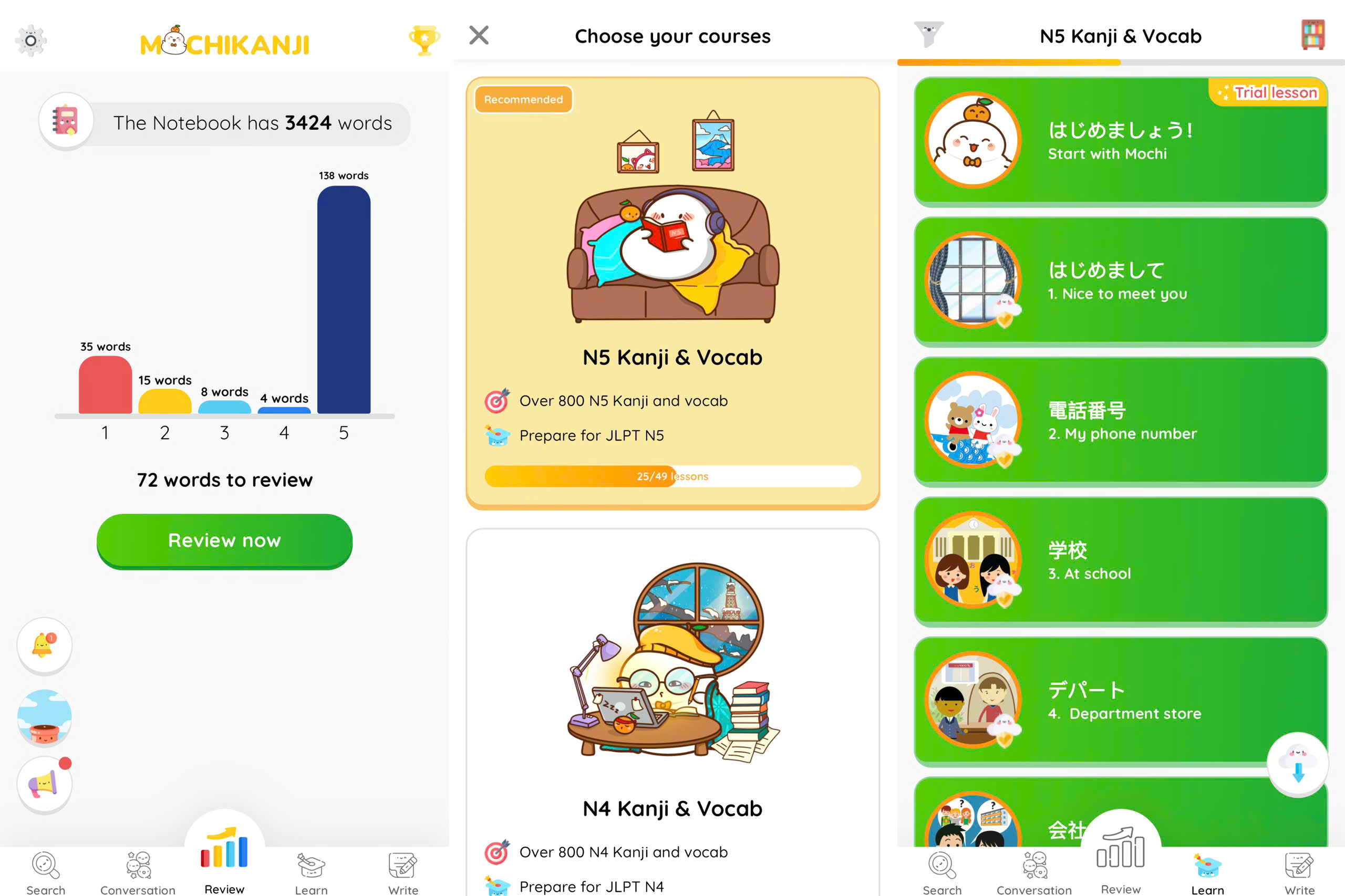
MochiKanji offers an effective way to learn Japanese onomatopoeia through its interactive features. The app provides detailed vocabulary courses and uses the Golden Time feature to remind you to review at optimal intervals. With interactive flashcards and Kanji writing practice, MochiKanji makes learning both engaging and practical.
By integrating MochiKanji into your study routine, you can deepen your understanding of Japanese onomatopoeia and enhance your overall language skills.
Conclusion
By learning these 70 common Japanese onomatopoeia, you’ll have a solid foundation to better express sounds, feelings, and actions in Japanese. Dive into the rich world of Japanese sound words and bring more life to your conversations, making your expressions more vivid and engaging!

